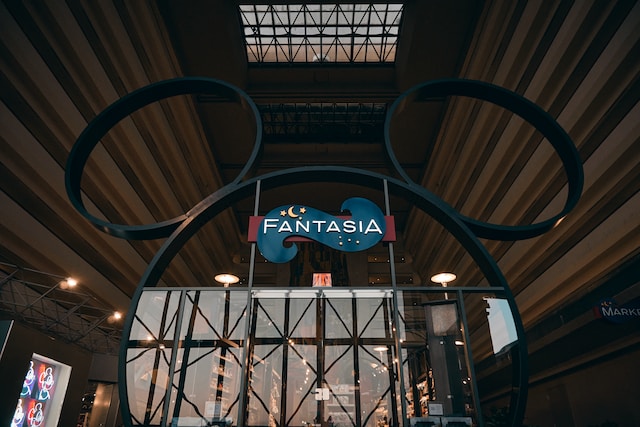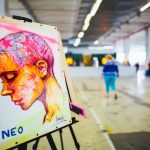In our fast-paced, technology-driven world, the arts remain an essential and often undervalued aspect of human culture. From painting and sculpture to music, dance, and theater, the arts enrich our lives in ways that go beyond mere entertainment. In this article, we will explore the importance of the arts in the present day, highlighting their role in fostering creativity, promoting cultural understanding, and contributing to personal well-being.
Fostering Creativity
The arts are a crucible of creativity, nurturing the human capacity for innovation and imagination. Through painting, sculpture, and other visual arts, individuals learn to perceive the world from different perspectives, honing their ability to think critically and solve problems creatively. This creative mindset is not limited to the arts alone; it spills over into fields like science, technology, and business, where innovative solutions are sought after more than ever.
Promoting Cultural Understanding
One of the most vital roles the arts play in our contemporary world is bridging cultural divides. Artworks from different cultures offer glimpses into the history, values, and beliefs of others. Through music, dance, and theater, we can connect with people from diverse backgrounds on a profound level, fostering empathy and understanding. This cultural exchange is a powerful antidote to the divisiveness that sometimes plagues society.

Enhancing Personal Well-being
Engaging with the arts has a profound impact on personal well-being. Studies have shown that participation in creative activities, such as painting or playing a musical instrument, can reduce stress and improve mental health. Additionally, attending arts events, such as concerts or exhibitions, can provide an avenue for relaxation and enjoyment, enhancing overall quality of life. The arts offer a refuge from the pressures of our modern world, allowing us to reconnect with our emotions and find solace in self-expression.
Preserving Cultural Heritage
Artifacts, paintings, and sculptures provide a tangible link to our past, preserving the cultural heritage of societies throughout history. Museums and galleries serve as repositories of human history, displaying the achievements and expressions of countless generations. By studying and appreciating these artworks, we gain insights into our roots, deepening our connection to our own culture and the global human experience.
Economic Impact
Beyond their cultural and personal benefits, the arts also contribute significantly to the economy. The creative industries, encompassing visual arts, music, film, and more, generate billions of dollars in revenue worldwide. Art-related businesses, from galleries to theaters, create jobs and stimulate local economies. The arts are not just a source of cultural enrichment; they are also a driving force behind economic growth.
Education and Youth Development
The arts play a vital role in education and youth development. Exposure to the arts at a young age can enhance cognitive development, improve academic performance, and foster a love of learning. Participation in artistic activities encourages discipline, teamwork, and self-expression, all of which are valuable life skills. As schools recognize the importance of the arts, they continue to incorporate creative subjects into their curricula.
Conclusion
In our rapidly evolving world, the arts remain a beacon of creativity, cultural understanding, personal well-being, and economic growth. They connect us to our past, inspire us in the present, and shape our future. Recognizing the importance of the arts in contemporary society is not only a matter of cultural enrichment but also a means to create a more compassionate, innovative, and prosperous world. So, let us embrace and support the arts, for they enrich our lives in ways that words alone cannot convey.





